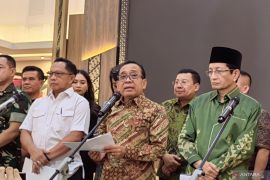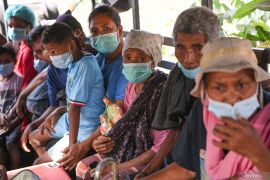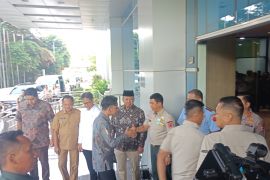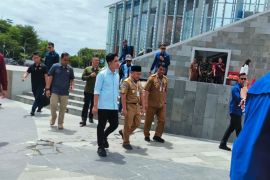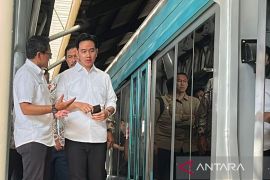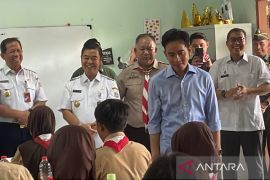Bogor, West Java, (Antara) - Vice President Jusuf Kalla is scheduled to witness the launch of the LAPAN-A3/LAPAN-IPB Satellite (LISat) from the Center for Satellite Technology Space Agency in Bogor, West Java, on Wednesday.
The satellite, weighing 115 kilograms, will be launched aboard the PSLV Rocket from Sriharikota, India, on Wednesday.
This satellite will be used for conducting experimental remote sensing missions for monitoring food resources.
The LISat is designed and built by LAPAN in cooperation with the Bogor Agricultural University (IPB), which will be responsible for developing algorithm and dataset application to support food security and environmental monitoring programs.
Moreover, the LAPAN-IPB collaboration is intended to enhance the role of environmental satellite data --- NOAA, MODIS, and LANDSAT, among others, --- in order to more effectively support research in the areas of agriculture, forestry, climate, and marine resources.
The satellite's payload is a four-band multi-spectral imaging camera operating in pushbroom mode. The LISat, used primarily for imaging, utilizes an optical line scan camera to monitor land cover, cultivated areas, and the sea. The satellite's other mission will be to monitor shipping activities using the Automatic Identification System.
The LISat is built to enhance the knowledge, skills, and designing and building capabilities of the Indonesian people, so they can master satellite technology, both for experimental and operational purposes.
The space agency is responsible for the design, development, and launch of the satellite until the reception of its data.
The IPB will handle algorithm development, utilization, and application of satellite data for realizing the nation's food security program and for conducting environmental monitoring.
Satellite development is also part of the efforts to boost economic growth to offer a competitive edge to the nation.
The LISat will be utilized to benefit the agriculture, forestry, and maritime sectors in addition to combating climate change in a bid to achieve food security.(*)



